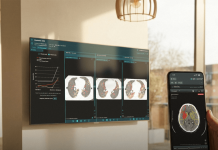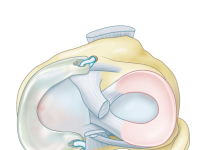Nano-X Imaging (Nanox) has announced a collaboration with Israeli Beilinson Hospital to conduct a clinical study assessing the diagnostic capabilities of the Nanox.ARC 3D imaging system.
The study aims to compare the Nanox.ARC’s tomographic imaging capabilities with conventional two-dimensional (2D) radiography in detecting lung and chest diseases in adult people.
Related: Aria CV implants first patient with pulmonary hypertension system
The Nanox.ARC is a digital tomosynthesis system that produces 3D tomographic images of the body using multiple X-ray sources. It has a smaller footprint and uses a cold cathode system, which could make it a scalable option for healthcare facilities.
Planned to be carried out at Clalit Health Services-operated Beilinson Hospital, the study will involve scanning patients with abnormal lung conditions using Nanox.ARC.
It will determine if Nanox.ARC’s tomographic imaging can prevent the need for more advanced imaging and additional radiation exposure.
Nanox CEO Erez Meltzer said: “This collaboration with Beilinson Hospital will provide further clinical validation of the Nanox.ARC and enable us to develop a truly end-to-end, globally connected medical imaging solution to promote population health for those in greatest need.
“We look forward to continuing our partnership with Beilinson as we initiate a study exploring the use of our innovative 3D Nanox.ARC imaging system to improve patient care.”
The study is an extension of the existing partnership between Nanox AI and Clalit Health Services.
Earlier at Beilinson Hospital, a study was conducted using Nanox AI’s HealthCCSng solution on routine chest CT scans, which revealed that approximately 40% of patients had undetected cardiovascular risks.
HealthCCSng is an AI-powered solution that detects early signs of cardiac disease by analysing coronary artery calcium from routine chest CT scans.
Last year, Nanox signed a purchase agreement with unnamed institutional investors to sell 2,142,858 of its shares, to raise around $30m.




